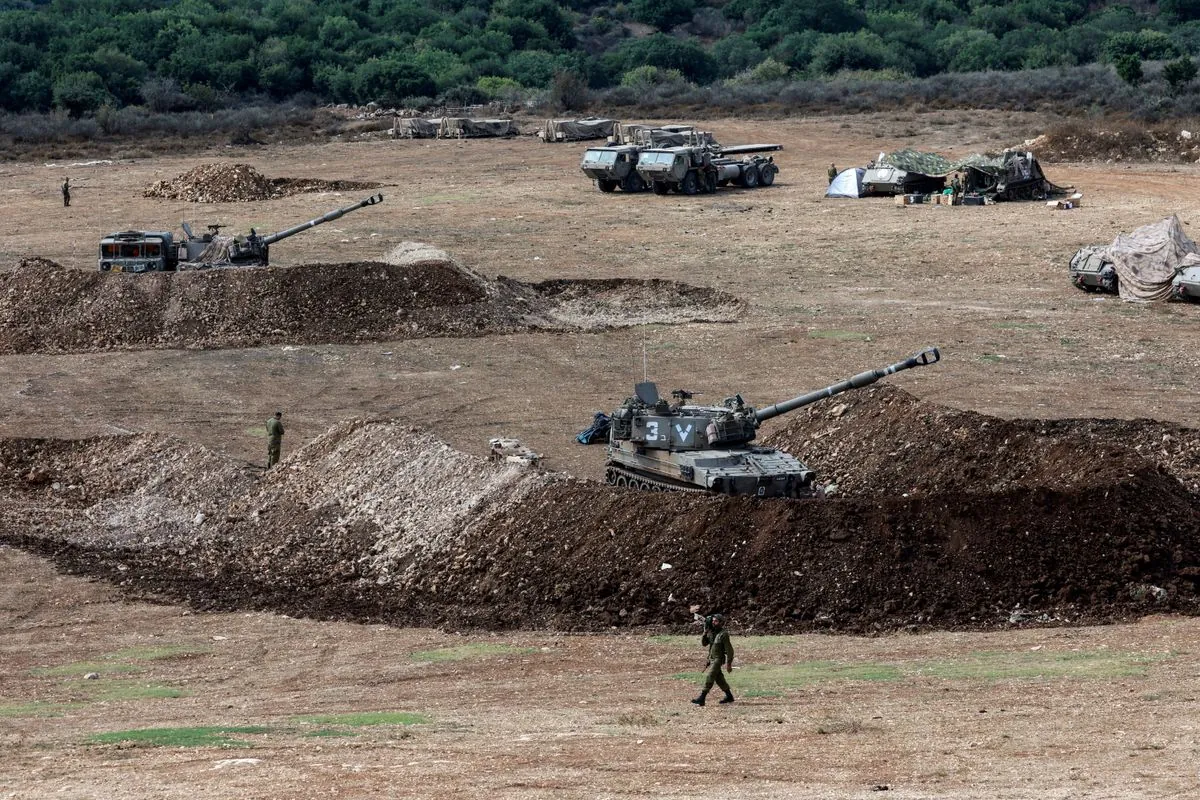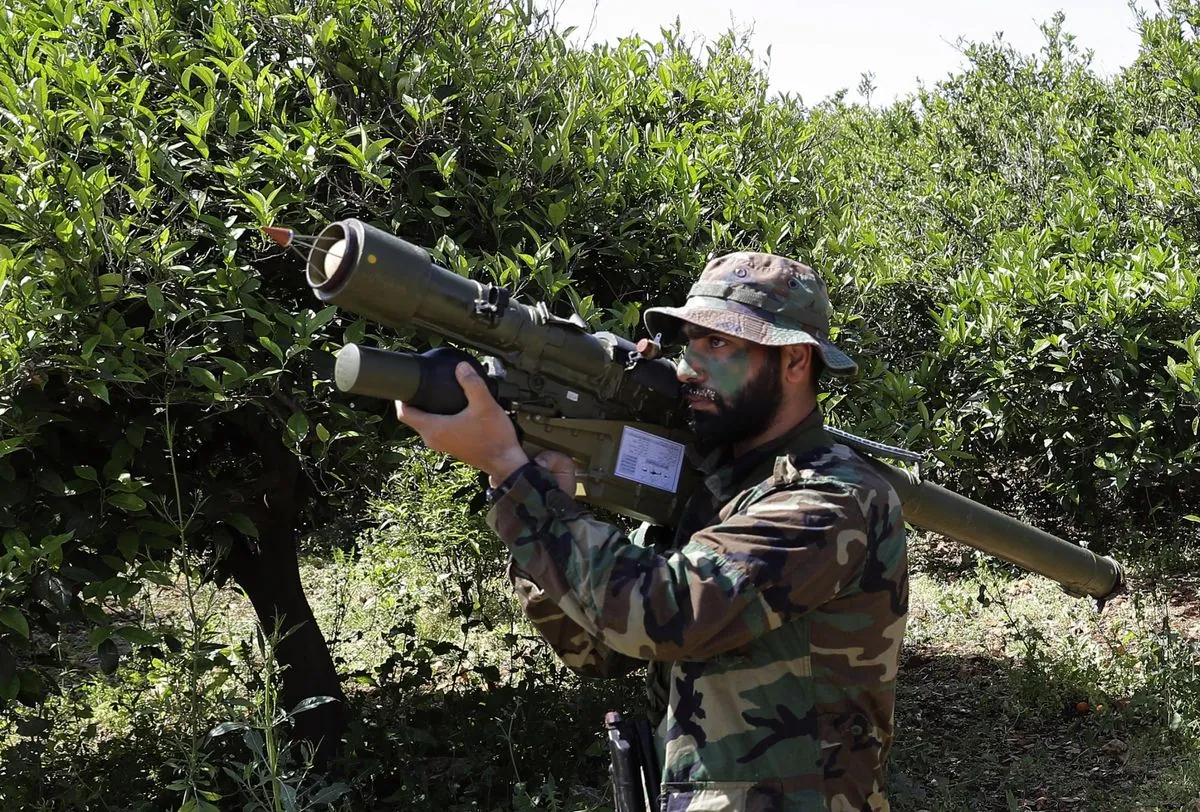Israel Unveils Year-Long Secret Raids in Lebanon, Targeting Hezbollah
Israel Defense Forces reveal extensive clandestine operations in Lebanon, targeting Hezbollah infrastructure. The disclosure coincides with a new ground offensive, raising questions about regional stability and UN resolutions.

The Israel Defense Forces (IDF) has disclosed a series of clandestine operations conducted in Lebanon over the past year, targeting Hezbollah infrastructure. This revelation comes as Israel initiates a ground offensive in the region, highlighting the ongoing tensions along the Israel-Lebanon border.
According to an anonymous IDF official, Israeli forces carried out at least 70 secret raids across the Lebanese border, spanning hundreds of days and nights. These operations resulted in the neutralization of over 1,000 Hezbollah sites, showcasing the extent of Israel's covert activities in the area.
The IDF's actions were reportedly aimed at dismantling Hezbollah's offensive capabilities near the border. Rear Adm. Daniel Hagari, an IDF spokesman, stated that the operations focused on destroying infrastructure and gathering intelligence. The raids uncovered advanced Iranian-made weapons and extensive underground networks, including tunnels and command centers.

These revelations shed light on the complex geopolitical landscape of the region. Hezbollah, founded in 1985 in response to Israeli occupation of southern Lebanon, has long been a significant player in Lebanese politics and a major concern for Israel. The group's estimated 20,000-30,000 fighters and sophisticated weaponry, largely supported by Iran, pose a substantial threat to Israel's northern border.
The disclosure of these operations raises questions about compliance with United Nations Resolution 1701, adopted in 2006 following the Lebanon War. This resolution mandates that no foreign forces should be present in Lebanon without the government's consent. The United Nations Interim Force in Lebanon (UNIFIL), established in 1978 to maintain peace along the Blue Line, has stated that any crossing into Lebanon violates Lebanese sovereignty.
Israel's actions must be viewed in the context of the region's complex history. The Israel-Lebanon border, approximately 120 kilometers long, has been a flashpoint for decades. Israel's withdrawal from southern Lebanon in 2000 after an 18-year occupation did not fully resolve tensions, as evidenced by the 2006 Lebanon War, which lasted 34 days and resulted in significant casualties and displacement.
The IDF's disclosure of these raids coincides with a new ground offensive, potentially aimed at garnering public support for more extensive operations. This strategy highlights Hezbollah's alleged buildup of offensive infrastructure, which Israel claims is similar to the preparations that led to the Hamas attack on October 7, 2023.
As the situation unfolds, the international community watches closely. The absence of a formal peace treaty between Israel and Lebanon, combined with ongoing disputes over areas like the Shebaa Farms, contributes to the persistent instability in the region. The involvement of Hezbollah in the Syrian Civil War since 2013 further complicates the geopolitical landscape.
"The clandestine operations conducted since the beginning of our war with Hamas were focused on dismantling Hezbollah infrastructure near the border."
This ongoing conflict underscores the challenges faced by Lebanon, which hosts the largest per capita refugee population in the world. The country's complex political system, based on confessionalism, adds another layer of intricacy to resolving regional disputes.
As tensions escalate, the effectiveness of peacekeeping efforts, including UNIFIL's role in administering the Blue Line, comes under scrutiny. The international community may need to reassess its approach to maintaining stability in this volatile region, considering the sophisticated missile defense systems like Israel's Iron Dome and the evolving nature of threats in the area.
The unfolding situation serves as a reminder of the delicate balance of power in the Middle East and the potential for localized conflicts to have far-reaching consequences for regional stability.


































